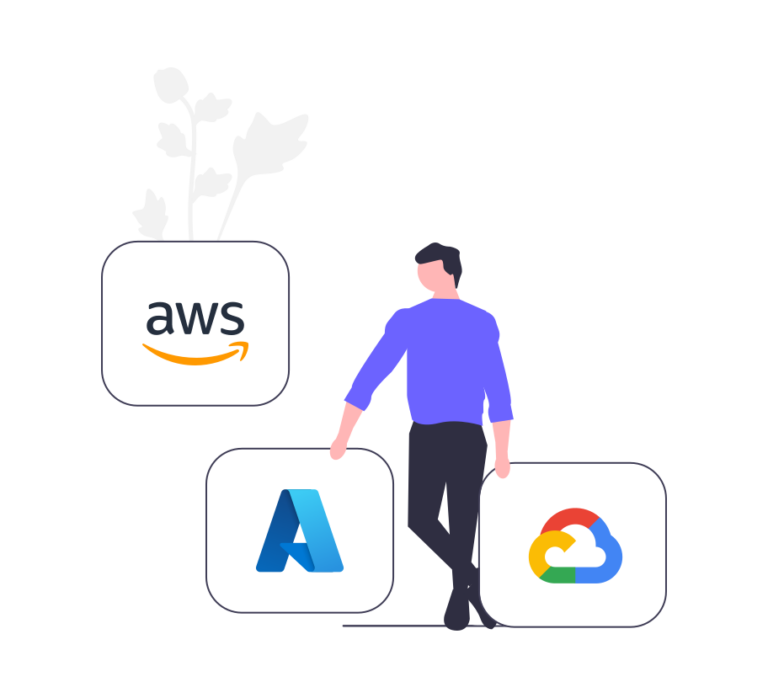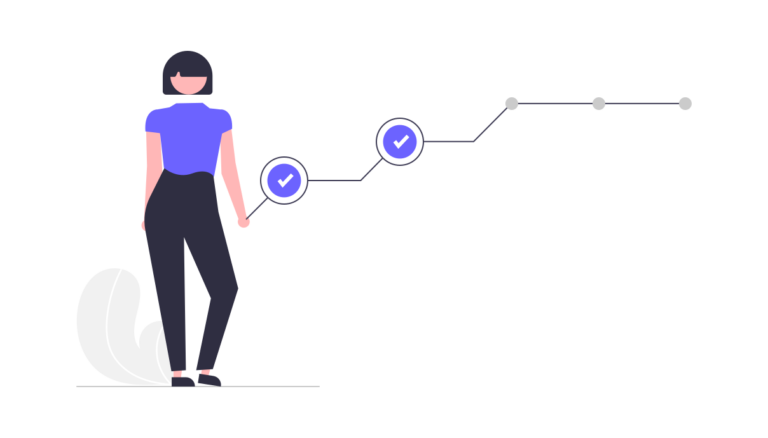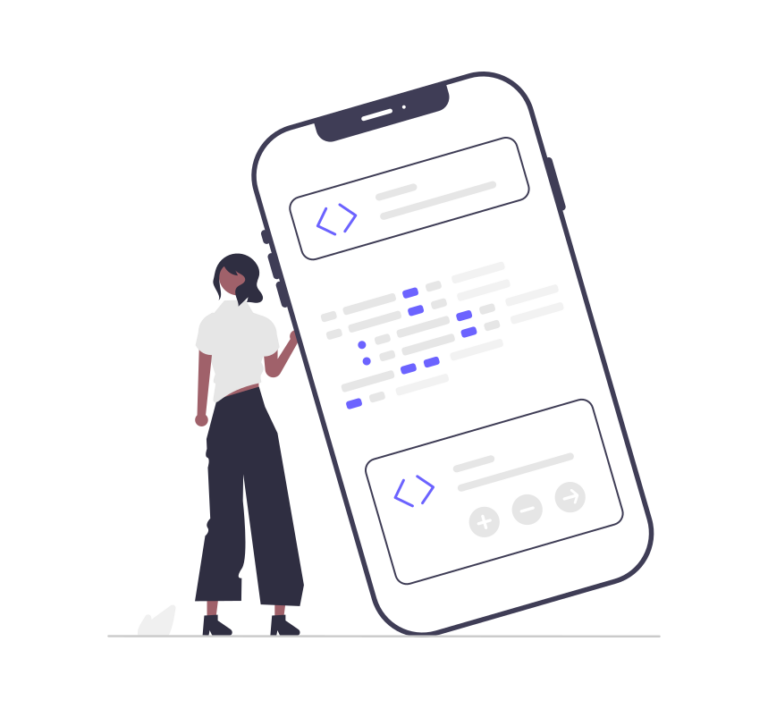
Roadmap for Full Stack Python Developer

Contents
Introduction
If you’re aiming to become a full stack developer with Python, you’re embarking on a rewarding journey. The roadmap for a full stack developer with Python provides a clear path from learning fundamental concepts to mastering advanced techniques. This guide will walk you through the essential steps and skills needed to excel in this role, making sure you have a solid plan to achieve your career goals.
Start with Core Python Skills
The journey to becoming a full stack developer with Python starts with mastering Python itself. Python is a versatile language known for its simplicity and readability, making it a great choice for full stack development.
- Learn Python Basics: Begin by understanding Python’s syntax and basic programming concepts. Focus on variables, data types, control structures (like loops and conditionals), functions, and error handling. These foundational skills are crucial for any full stack developer with Python.
- Explore Object-Oriented Programming (OOP): Dive into OOP principles such as classes, objects, inheritance, and polymorphism. OOP will help you organize your code more effectively, which is essential for managing complex applications as a full stack developer with Python.
- Master Python Libraries: Familiarize yourself with Python’s standard libraries and tools like NumPy and pandas. These libraries are useful for handling data, which is often a key part of back-end development.
Develop Front-End Skills
As a full stack developer with Python, you’ll need to understand front-end technologies to create complete web applications.
- Learn HTML and CSS: Start by learning HTML (HyperText Markup Language) for structuring web pages and CSS (Cascading Style Sheets) for styling them. These technologies are fundamental for creating user interfaces and are a vital part of your roadmap for becoming a full stack developer with Python.
- Get Comfortable with JavaScript: JavaScript is essential for adding interactivity to your web pages. Learn about JavaScript basics, including how to manipulate the Document Object Model (DOM), handle events, and work with asynchronous operations.
- Explore Front-End Frameworks: Familiarize yourself with popular front-end frameworks like React, Angular, or Vue.js. These frameworks help build dynamic and responsive user interfaces. Mastering one of these frameworks will significantly enhance your skills as a full stack developer with Python.
Master Back-End Development with Python
The back-end is where the bulk of your server-side logic and data management happens. Python’s versatility makes it an excellent choice for back-end development.
- Learn Python Web Frameworks: Start with Python web frameworks such as Django or Flask. Django is known for its robustness and includes many built-in features, while Flask is more lightweight and flexible. Both frameworks are valuable tools for a full stack developer with Python.
- Understand Database Management: Learn how to work with databases. Start with SQL databases like PostgreSQL or MySQL. Understand how to perform CRUD operations (Create, Read, Update, Delete) and design schemas. Explore NoSQL databases like MongoDB to broaden your knowledge.
- API Development: Learn how to design and implement APIs (Application Programming Interfaces). RESTful APIs are commonly used to enable communication between front-end and back-end systems. Understanding API development is crucial for integrating different parts of your application.
Integrate Front-End and Back-End
Combining your front-end and back-end skills is key to developing complete applications.
- Full-Stack Integration: Learn how to connect your front-end applications with your Python-based back-end. This involves setting up routes, managing data exchanges, and ensuring that user interactions on the front-end are processed correctly on the back-end.
- Authentication and Security: Implement authentication mechanisms to secure your applications. Learn about user authentication, session management, and securing sensitive data. Understanding security practices is essential for protecting your applications from potential threats.
Optimize Development Practices
Efficient development practices help streamline your workflow and improve productivity.
- Version Control: Master Git for version control. Learn how to manage code changes, collaborate with others, and maintain different versions of your project. Version control is a critical skill for any full stack developer with Python.
- Build Tools and Automation: Use build tools like Docker for containerization and automation. Docker helps you create consistent development environments and simplifies deployment. Automating repetitive tasks is crucial for maintaining an efficient workflow.
- CI/CD Practices: Understand continuous integration and continuous deployment (CI/CD) practices. CI/CD automates the process of testing and deploying your applications, ensuring that code changes are smoothly integrated and delivered.
Gain Practical Experience
Applying your skills through hands-on projects is essential for solidifying your knowledge.
- Work on Personal Projects: Start by building personal or open-source projects. Create web applications that utilize both front-end and back-end technologies. This practical experience will help you apply what you’ve learned and demonstrate your capabilities as a full stack developer with Python.
- Seek Internships or Job Opportunities: Look for internships or entry-level positions to gain real-world experience. Working on professional projects will provide valuable insights and help you build a strong portfolio.
- Build a Portfolio: Develop a portfolio showcasing your projects and skills. Include detailed descriptions, technologies used, and links to your code repositories. A well-organized portfolio is a powerful tool for attracting potential employers and clients.
Stay Updated with Industry Trends
The technology landscape is constantly evolving, so staying informed is crucial.
- Continuous Learning: Keep up with new trends and technologies in full stack development. Regularly read industry blogs, attend webinars, and participate in relevant forums to stay current.
- Networking: Join professional communities and connect with other developers. Networking can provide insights into industry trends, new tools, and potential job opportunities.
- Embrace New Technologies: Stay curious and open to new tools and innovations. Adapting to emerging technologies will help you remain competitive and continuously improve your skills.
Conclusion
- Master Core Python Skills: Ensure you have a strong grasp of Python basics, including OOP principles and key libraries. This foundational knowledge is essential for both front-end and back-end development.
- Develop Front-End Expertise: Gain proficiency in HTML, CSS, and JavaScript. Explore front-end frameworks like React, Angular, or Vue.js to build dynamic user interfaces.
- Master Back-End Development: Focus on Python web frameworks such as Django or Flask. Learn about database management and API development to handle server-side logic and data integration effectively.
- Integrate Front-End and Back-End: Learn how to connect your front-end with your Python back-end. Implement authentication and security practices to protect your applications.
- Optimize Development Practices: Use version control tools like Git, and leverage build tools and automation technologies. Understand CI/CD practices to streamline testing and deployment.
- Gain Practical Experience: Work on personal or open-source projects, seek internships or job opportunities, and build a strong portfolio to showcase your skills and experience.
- Stay Updated with Industry Trends: Continuously learn about new technologies, network with other professionals, and stay curious about emerging tools to remain competitive in the field.
By following this roadmap, you will be well-equipped to thrive as a full stack developer with Python. Embrace the journey, stay committed to learning, and apply your skills to real-world projects to achieve success in your career.



